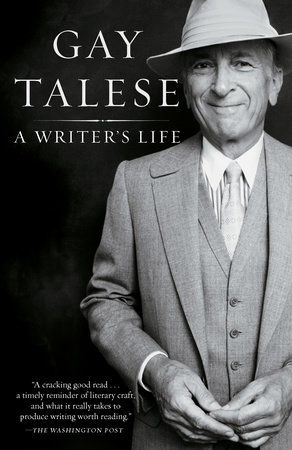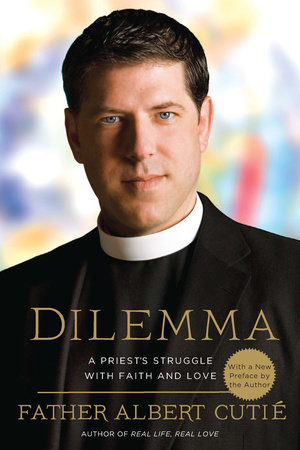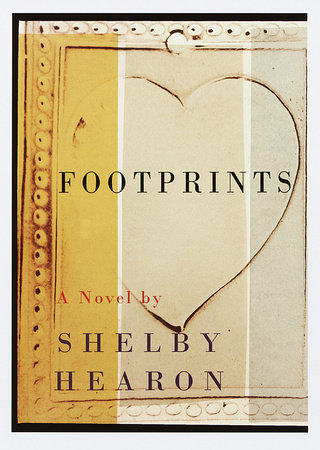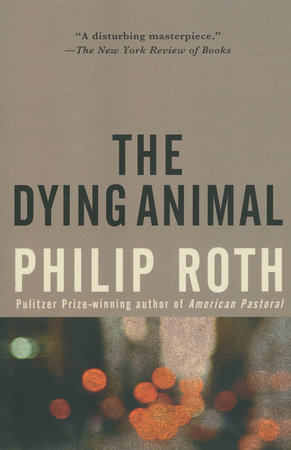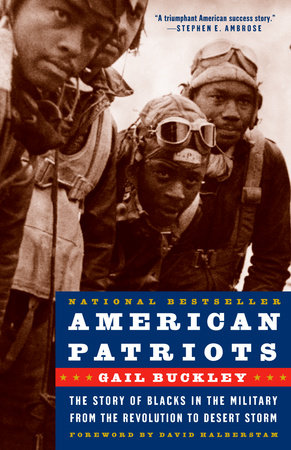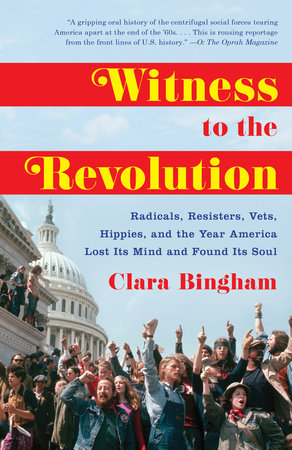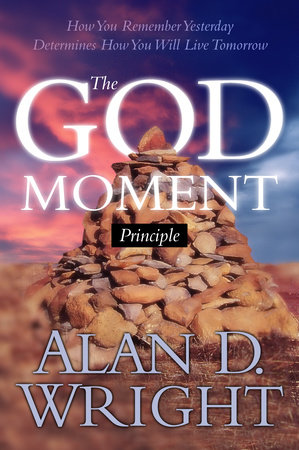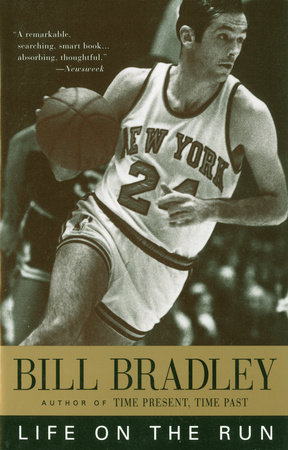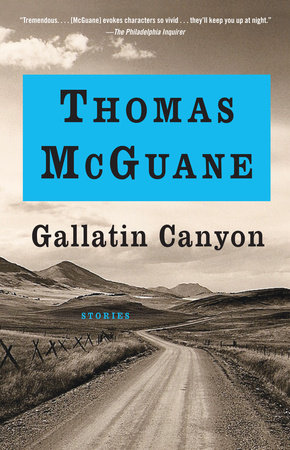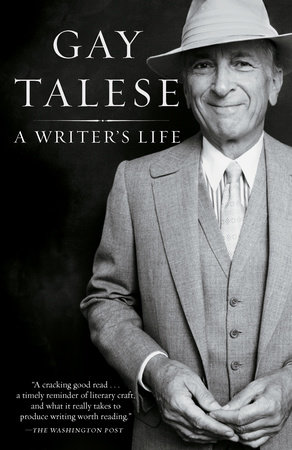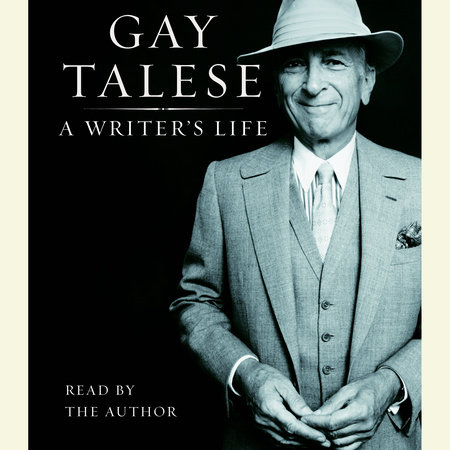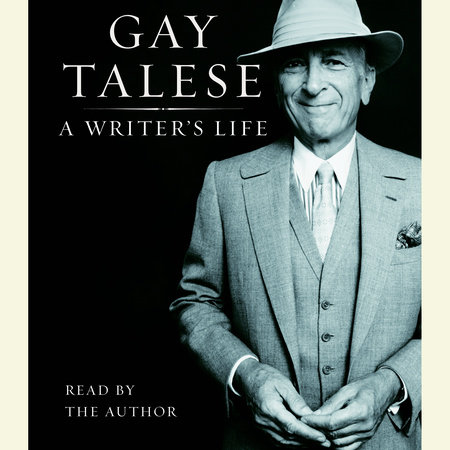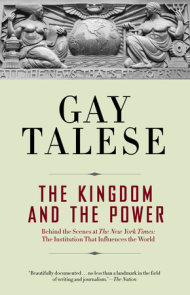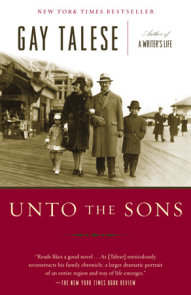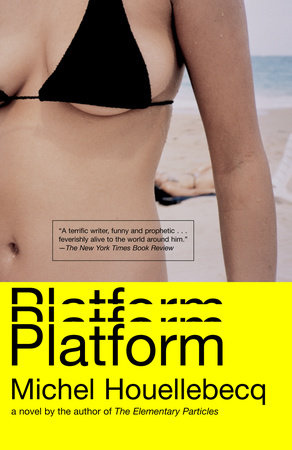Author Q&A
Q: When did you first know that you wanted to be a writer?A: My dream was at first based on a practical possibility, which was not so much to be a “writer” but rather to become what seemed to be within reach for me as a teenager: I wanted to become, if I was lucky, a sportswriter; perhaps (if I was even luckier) a sports columnist! This dream was soon surpassed after I got my first job as a New York Times sportswriter in 1956. After a year or so, I didn’t want to be a sportswriter any more; I wanted to be a “general assignment” reporter, not just limited to sports subjects. Two years later, I wanted to be a magazine writer (more space, more time for each assignment). After five years on the Times’ general staff, I wanted to get out of journalism entirely, to write books—short books, at first, then (beginning in 1969) such long efforts as The Kingdom and the Power, which was about the men and women I knew when I was a young reporter at the Times. In 1969 I didn’t think I was young any longer; I was 35 in fact—ancient. Since then, from 1969 to the present, I’ve just wanted to write books. I’m 74. I’m still trying to make each new book better than the one before. I guess I’ll be trying to do this until I’m relocated to a new zip code in distant space. Q: Tell us about how you write. Do you write longhand? Use a computer?A: I write longhand, at first. I rewrite each sentence dozens of times, hoping with each rewrite to improve upon the rhythm, flow, and balance of the phrases, the exactness, the precision, the sense of ease in my efforts. It is never easy for me to write anything. I perhaps make it more difficult than I should; but I think that good things (good sentences, good chapters, good books) are not supposed to be easy attainments. I do not think that writers should necessarily enjoy the act of writing. It is okay to enjoy the completed work, the finished book; but when you’re actually producing a book, writing each page, day after day, year after year, I believe it should be torture. I think that bleeding over each page is normal, or should be considered normal. Writers are enslaved to their work. The reader should enjoy the act of reading a book—for the reader, it should be like eating a box of chocolates; for the writer, the act of writing should be a suffering experience, all consuming and dedicated to doing the very best work they’re capable of doing, and to achieve this “best” level is not, I repeat, akin to having fun. I just hate it when I hear athletes saying on television that their mission is to “just go out there and have fun.” These athletes (earning millions a year) are not supposed to be OUT THERE HAVING FUN! They’re supposed to be seeking perfection, fulfilling the highest expectations of the fans—and of the athletes themselves. I never heard Michael Jordan saying, “I’m having fun.” Jordan was an artist. DiMaggio (not a “fun” fellow) was an artist. Ted Williams was an artist (breaking bats against the water cooler when he struck out; spitting at the fans when they booed him)—yes, no barrel of laughs was Ted Williams. But he was a great artist, he was a Caravaggio (the latter having murdered somebody, leading him into exile in the southern Italian hill country). Hell of a painter, Caravaggio. Do I use a computer? No, not much. I move my longhand writing to a typewriter, then, at the end, I do use a computer like a typewriter. The only thing I like about the computer is the ease with which I can correct typos. I never begin writing on a computer, however. I want to “feel” the words as I put them on paper with the pointed edge of a sharply pointed pencil. Q: Where do you write? Describe the setting. A: I write in a private basement, beneath my townhouse; I call this workspace the “bunker.” It is reachable through a private door. There is no doorbell, no windows. There is no telephone, either. I go down there to work seven days a week—from 8:30 a.m. until 1 p.m., usually—and then I take the afternoon off to waste time, go to the gym, stroll through the park, whatever. At 5 p.m. or so, I return to the “bunker” and work an hour or two more; then I go out to a restaurant, or dine at home, with my wife—beginning it all with a dry gin martini. Q: What are the things on your desk or in your office that you couldn’t live without?A: Pencils and paper (and ideas banging around in my head).Q: What (if any) is the best advice anyone ever gave you about writing/becoming a writer? A: I never received any useful advice. All the writers I spoke to, or vaguely knew, lied to me. They said writing can be “fun.” Or is “fun.” It is not fun, as I said—it is blood-letting. Q: What advice would you give to aspiring writers?A: Realize, first of all, that there are probably more writers than readers in America, and that to be a writer is a risky profession. You may not find readers, a publisher, or even an agent. Writers must be determined people. Writers must believe that they are writing because nothing else in the world matters more to them than getting their ideas and vision of life on a printed page. In order to become a good writer I believe that it is necessary to read good writers, the best writers, and aspire to the standards set by the best writers. Although I myself dreamed of becoming a journalist, I was reading fine fiction writers all the time I was working as a young newsman. It was the literary works of the nation’s best writers (and such foreign writers as Camus, Tolstoy, and García Márquez) that drew me to the dream of becoming a writer someday. Q: Any specific advice for getting over writer’s block?A: Writer’s block, as I explained or suggested in A Writer’s Life, can be a positive quality in a writer. Again paraphrasing myself from my book, writer’s block can be a sign of good taste—a writer’s decision to NOT write may be preferable to writing and being published. Too much bad writing is being published, I do believe. Better that writers impose a blockade on their product—write less, write not at all, or write only what you think is your best work. All that does not measure up to one’s highest standard should be put aside, tossed into the trashcan. Q: Who are some of the writers who have most influenced you?A: Since I matriculated at the University of Alabama, it was Southern writers whom I first began to read. William Faulkner was probably the first, although while a freshman and sophomore at college, I was also reading the novels and short stories of John O’Hara, Irwin Shaw, John Cheever, and, of course (my favorite), F. Scott Fitzgerald. (Hemingway was never among my favorite writers.) During the 1960s, to be sure, I—along with most of my generation—fell in love with the work of J.D. Salinger.
